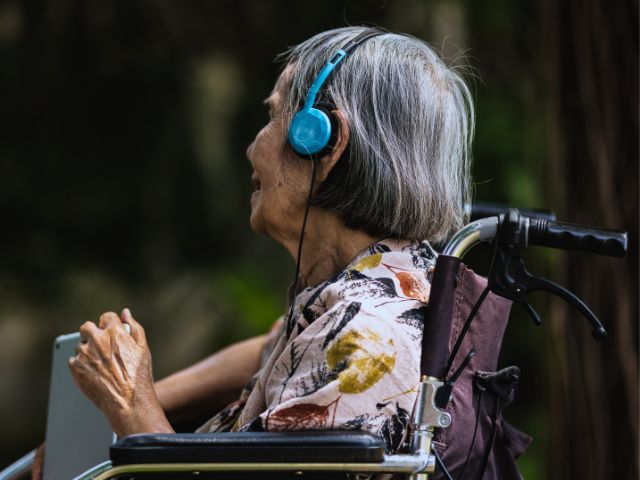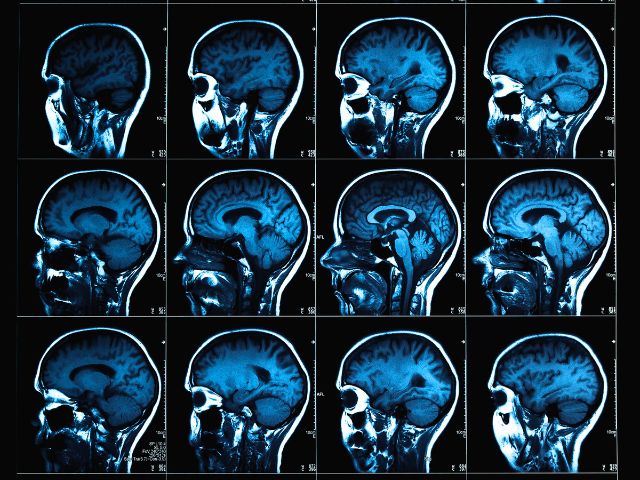Symptoms, Diagnosis, and Treatment of Traumatic Brain Injury
The severity of symptoms depends on whether the injury is mild, moderate, or severe. In all forms of TBI, cognitive changes are amongst the most common, most disabling, and longest-lasting symptoms that can result from the injury.
The ability to learn and remember new information is often affected. Other commonly affected cognitive skills include the capacity to pay attention, organize thoughts, plan effective strategies for completing tasks and activities, and make good judgments.
More severe changes in thinking skills, a hallmark characteristic of dementia, may develop years after the injury took place and the person appears to have recovered from its immediate effects.
Symptoms of Mild Traumatic Brain Injury
Mild TBI, also known as a concussion, does not necessarily cause loss of consciousness or causes consciousness that lasts for 30 minutes or less. Mild TBI symptoms may include:
- Inability to remember the cause of the injury or events that occurred immediately before up to 24 hours after it happened
- Confusion and disorientation
- Difficulty remembering new information
- Problems with finding words
- Headache, dizziness, and blurred vision
- Sensitivity to light and sound
- Change in energy or motivation
- Nausea and vomiting
- Ringing in the ears
- Trouble speaking clearly
- Changes in emotions or sleep patterns
Symptoms of Moderate and Severe Traumatic Brain Injury
Moderate TBI causes unconsciousness lasting more than 30 minutes but less than 24 hours, and severe TBI causes unconsciousness for more than 24 hours. Symptoms of moderate and severe TBI are like those of mild TBI, but more serious and longer lasting.
The most severe injuries may also lead to hemorrhages or other brain injuries associated with neurologic symptoms such as localized weakness or sensory loss.
Diagnosis of Traumatic Brain Injury
Evaluations by healthcare professionals typically include:
- Questions about how the injury happened.
- Assessment of the person’s level of consciousness and confusion
- Assessment of memory and thinking, vision, hearing, touch, balance, gait, coordination, strength, sensation, reflexes, and other indicators of brain function.
Individuals who are taking blood thinners such as Coumadin and aspirin should be closely monitored because these medications can increase the chance of complications. Depending on the cause of the TBI and the severity of symptoms, brain imaging, computed tomography, or magnetic resonance imaging may be needed to determine if there’s bleeding or swelling in the brain.
If an individual experiences a TBI, it should be noted in their permanent medical record and mentioned whenever they see the doctor, especially new doctors.
Treatment of Traumatic Brain Injury
The most serious traumatic brain injuries require specialized hospital care and can require months of inpatient rehabilitation. Most traumatic brain injuries are mild, however and can be managed with either an ER visit or short hospital stay for observation, or at home monitoring followed by outpatient rehabilitation if needed.
Treatment of dementia and a person with a history of traumatic brain injuries varies, depending on the type of dementia diagnosis. Strategies for treating Alzheimer’s or another specific type of dementia are the same for individuals with and without a history of TBI.
However, the contributions of TBI to cognition is a relatively new area of research for physicians. Formal clinical guidelines for diagnosing and managing this condition do not yet exist.










